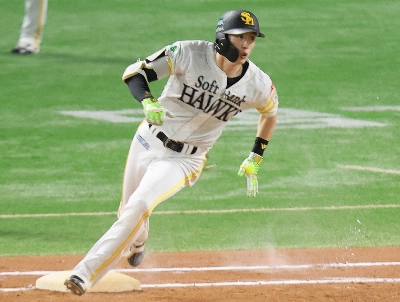Can Indonesia succeed in returning the troops to the barracks? Can it afford not to? Recent rumors of an impending coup against President Abdurrahman Wahid, moves by the president against some top military officers, and suspicions of military involvement in instigating unrest in the archipelago, highlight the importance of understanding the political role of the armed forces in post-Suharto Indonesia.
The Indonesian armed forces under President Suharto (1966-1998) have claimed a dual role, that of defending the nation from nonexistent external threats and ". . . also from domestic dangers of any kind, military, political, socioeconomic, cultural or ideological." This "dwifungsi" doctrine has been the basis for an interventionist and dominant role of the military in Indonesian politics, but within the military there are deep divisions about the wisdom and need for retaining this carte blanche for political machinations.
Suharto's new order regime is history. Although he and his protege, B.J. Habibie, are gone and new freedoms have been espoused with exuberance by the masses, there is concern and evidence that elements within the military are not inclined to shed the authoritarian patterns of the New Order.

















With your current subscription plan you can comment on stories. However, before writing your first comment, please create a display name in the Profile section of your subscriber account page.